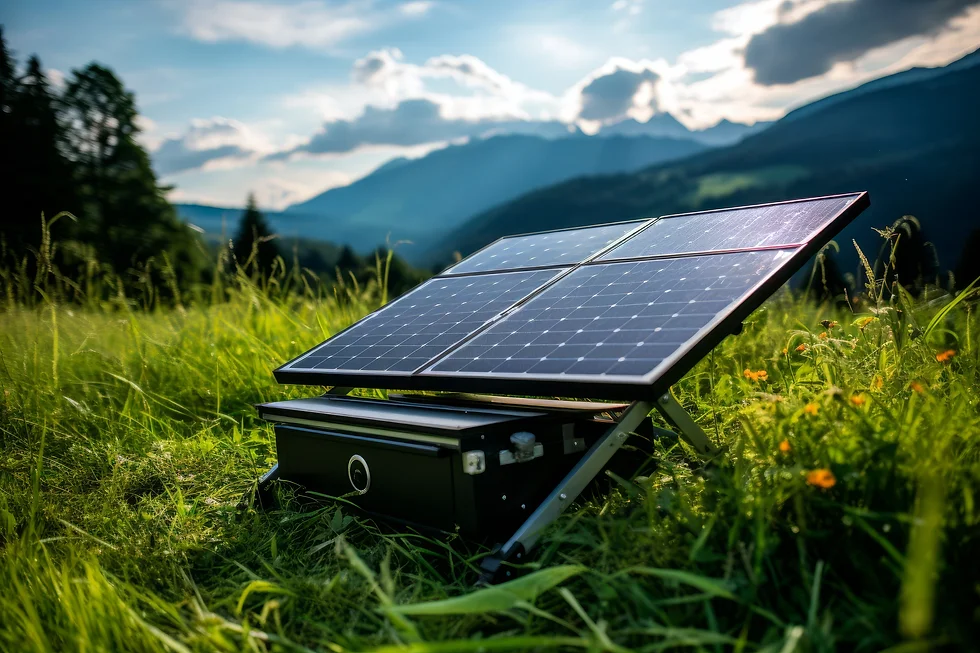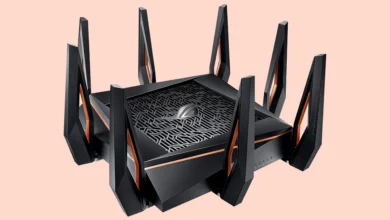The Ultimate Guide to Portable Solar Panels: Power on the Go

In an age where sustainability and convenience are paramount, portable solar panels have emerged as a game-changer. These versatile devices harness the sun’s energy to provide power anywhere, making them perfect for camping, road trips, or emergency backup. In this blog, we’ll explore what portable solar panels are, their benefits, how to choose the right one, and tips for maximizing their effectiveness.
What are Portable Solar Panels?
Portable solar panels are compact, lightweight solar energy systems designed to generate electricity wherever sunlight is available. They typically consist of solar cells mounted on a durable frame, often folding or collapsible for easy transport. These panels can charge batteries, power devices, or provide electricity for small appliances, making them ideal for outdoor enthusiasts and those seeking a reliable energy source during emergencies.
How Do Portable Solar Panels Work?
Portable solar panels work by converting sunlight into electricity through the photovoltaic (PV) effect. Here’s a simplified breakdown of the process:
- Sunlight Absorption: Solar cells absorb sunlight and generate direct current (DC) electricity.
- Inverter Conversion: Many portable panels come with built-in inverters that convert DC into alternating current (AC) electricity, making it suitable for household appliances.
- Storage or Usage: The electricity can either be used immediately to power devices or stored in a battery for later use.
Benefits of Portable Solar Panels
1. Eco-Friendly Energy Source
Portable solar panels produce clean, renewable energy, significantly reducing your carbon footprint. Using solar power contributes to a more sustainable future by decreasing reliance on fossil fuels.
2. Convenience and Portability
Designed for easy transport, portable solar panels are perfect for camping trips, road adventures, or outdoor events. Their lightweight and compact design allows you to set them up quickly, providing power wherever you go.
3. Cost Savings
Investing in portable solar panels can lead to long-term savings. By harnessing solar energy, you can reduce your electricity bills and decrease your reliance on traditional power sources, especially during outdoor excursions.
4. Emergency Preparedness
In case of power outages or natural disasters, portable solar panels can be a lifesaver. They provide a reliable source of energy for charging devices, running appliances, or powering medical equipment when you need it most.
5. Versatility
Portable solar panels can be used for various applications, from charging smartphones and laptops to powering small appliances like refrigerators and lights. This versatility makes them a valuable asset for any outdoor enthusiast.
How to Choose the Right Portable Solar Panel
When selecting a portable solar panel, consider the following factors:
1. Power Output
The power output of a solar panel is measured in watts. Determine your power needs by assessing what devices you’ll be charging or powering. Common wattages range from 20W for small devices to over 200W for larger applications.
2. Size and Weight
Choose a panel that balances power output with portability. Smaller, lighter panels are easier to carry but may produce less energy. Consider your transportation method and how much space you have.
3. Type of Solar Cells
Most portable solar panels use either monocrystalline or polycrystalline cells. Monocrystalline panels are typically more efficient and space-efficient but come at a higher cost. Polycrystalline panels are generally more affordable but may require more space for the same power output.
4. Build Quality
Look for durable, weather-resistant materials that can withstand outdoor conditions. High-quality panels will last longer and perform better in various environments.
5. Additional Features
Some portable solar panels come with built-in USB ports, battery storage, or foldable designs. Evaluate which features are essential for your needs and choose accordingly.
Tips for Maximizing the Effectiveness of Portable Solar Panels
1. Optimal Positioning
Position your solar panels to receive direct sunlight, avoiding shade from trees, buildings, or other obstacles. The angle of the panel can also affect efficiency; adjust it to capture the most sunlight throughout the day.
2. Regular Cleaning
Dust, dirt, and debris can hinder the performance of solar panels. Clean the surface regularly to ensure maximum sunlight absorption.
3. Monitor Weather Conditions
Be aware of changing weather conditions. Overcast days may reduce efficiency, so plan your usage accordingly. If you expect cloudy weather, consider bringing additional battery storage.
4. Use Battery Storage
If you’re using portable solar panels for extended periods, consider pairing them with a battery storage system. This allows you to store excess energy generated during sunny days for use later.
5. Stay Informed
Stay updated on advancements in solar technology and battery storage options. New products and innovations can enhance the efficiency and usability of portable solar panels.
Conclusion
Portable solar panels offer a practical and eco-friendly solution for harnessing solar energy on the go. With a range of applications—from camping trips to emergency preparedness—these devices empower you to stay connected and energized wherever you are. By understanding how to choose the right panel and maximize its effectiveness, you can embrace a sustainable lifestyle while enjoying the great outdoors. Whether you’re an adventure seeker or simply looking for a backup energy source, portable solar panels are an investment worth considering.



